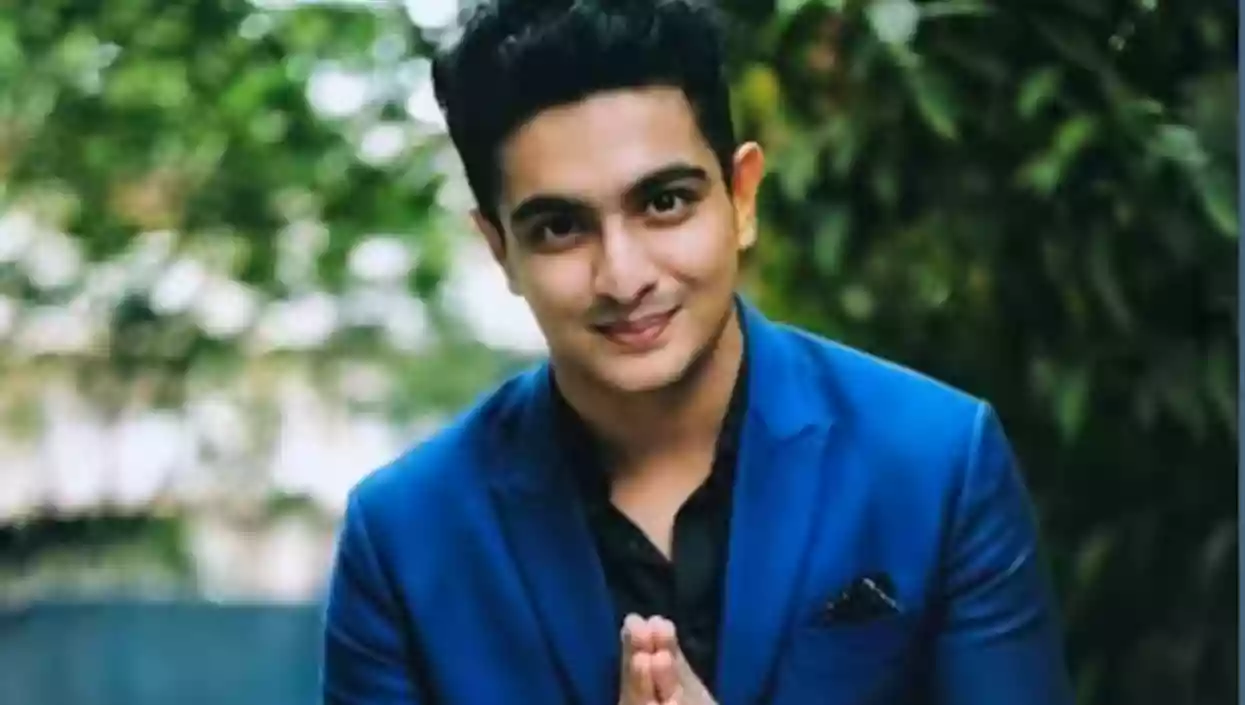Protests erupt outside Kasba Police station as 3 arrested in alleged Kolkata college gang rape
.gif)
.gif)

The Supreme Court of India has rejected a plea from popular YouTuber Ranveer Allahbadia seeking the release of his passport, following a controversy surrounding his remarks made during a now-deleted episode of the popular show India's Got Latent. Along with Allahbadia, YouTuber Ashish Chanchalani had also filed a similar plea for the release of his passport, but the court chose not to entertain either request.
A bench consisting of Justices Suryakant and N Kotishwar Singh stated that Allahbadia’s request would only be reconsidered once the ongoing probe into his controversial remarks is completed. The court added that Allahbadia may be required to join the investigation, further delaying his travel plans. The remarks, which linked parents to a joke in the episode, quickly went viral and sparked a massive outcry, leading to a significant backlash.
The controversy erupted when Allahbadia's joke on India's Got Latent caused offense, and as a result, both he and Chanchalani came under scrutiny for their comments. The Maharashtra government swiftly intervened, initiating a probe into the incident. The Supreme Court has observed that the investigation would be completed in two weeks, but no action on passport release will be taken until that happens.
In the meantime, Allahbadia is still restricted from leaving the country. Earlier, the court had imposed a travel ban on him, barring him from leaving India without prior permission. The next hearing in the case is scheduled for April 21, giving the authorities additional time to finalize their investigation.
The case has garnered significant attention, not just due to the ongoing investigation but also because of the broader implications it holds for content creators and their accountability for remarks made on public platforms. It also raises questions about the extent of the court’s involvement in regulating online content and its impact on the freedom of expression.
The controversy also highlights the ongoing debate in India regarding the boundaries of free speech, especially in the context of digital platforms and influencers. As both YouTubers face legal scrutiny, many are watching the case closely to see how the court addresses issues of free speech and online content regulation.